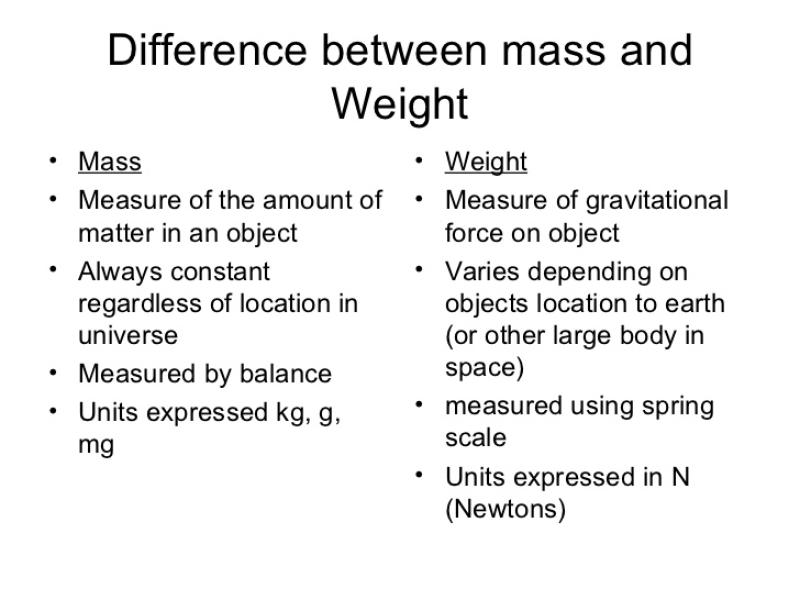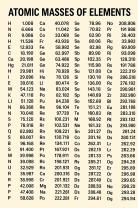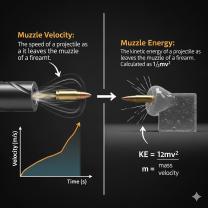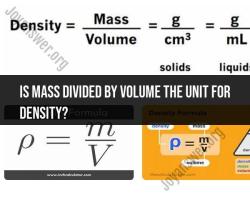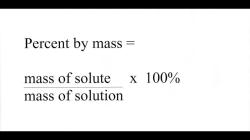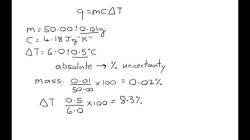What is the difference between unit weight and density?
Unit weight and density are related concepts in the field of mechanics and materials, but they refer to different physical properties of substances. Here's the key difference between unit weight and density:
1. Unit Weight:
- Unit weight, often denoted by the symbol γ (gamma), represents the weight of a substance per unit volume.
- It is a measure of the force exerted by gravity on a specific volume of a material. Unit weight is typically expressed in units like newtons per cubic meter (N/m³) in the metric system or pounds per cubic foot (lb/ft³) in the Imperial system.
- The formula for unit weight is: γ = ρ * g, where γ is the unit weight, ρ is the density of the material, and g is the acceleration due to gravity (approximately 9.81 m/s² or 32.2 ft/s²).
- Unit weight is often used in geotechnical engineering and construction to analyze the weight and stability of soil, rock, and other materials.
2. Density:
- Density, often denoted by the symbol ρ (rho), represents the mass of a substance per unit volume.
- It is a measure of how much matter (mass) is contained within a specific volume of a material. Density is typically expressed in units like kilograms per cubic meter (kg/m³) in the metric system or pounds per cubic foot (lb/ft³) in the Imperial system.
- The formula for density is: ρ = m/V, where ρ is the density, m is the mass of the material, and V is the volume of the material.
- Density is a fundamental property of materials and is used in various fields, including physics, chemistry, and engineering, to characterize substances and their behavior.
In summary, the key distinction between unit weight and density is that unit weight includes the influence of gravity, as it measures the weight of a substance per unit volume. In contrast, density is a pure measure of mass per unit volume and does not consider the gravitational force. Both unit weight and density are important for various scientific and engineering applications, depending on the context in which they are used.
Sure, here are three articles on the topic of unit weight vs. density:
Unit Weight vs. Density: Understanding the Distinction
In the realm of engineering and physics, understanding the distinction between unit weight and density is crucial for accurate calculations and material selection. While both concepts measure the heaviness of a substance, they differ in their definition and application.
Defining Unit Weight
Unit weight, also known as specific weight, is a measure of the weight per unit volume of a material. It is typically expressed in units of force per unit volume, such as pounds per cubic foot (lb/ft³) or Newtons per cubic meter (N/m³).
Defining Density
Density, on the other hand, is a measure of the mass per unit volume of a material. It is typically expressed in units of mass per unit volume, such as grams per cubic centimeter (g/cm³) or kilograms per cubic meter (kg/m³).
Understanding the Distinction
The key difference between unit weight and density lies in the concept of weight versus mass. Weight is the force exerted on an object due to gravity, while mass is a measure of the amount of matter in an object.
Since gravity varies depending on location, unit weight can change with different gravitational fields. Density, however, remains constant regardless of the gravitational field.
Differentiating Between Unit Weight and Density
Unit weight and density are often used interchangeably, but it's important to recognize the distinction between the two. Here's a table summarizing the key differences:
| Feature | Unit Weight | Density |
|---|---|---|
| Definition | Weight per unit volume | Mass per unit volume |
| Units | Force per unit volume (e.g., lb/ft³, N/m³) | Mass per unit volume (e.g., g/cm³, kg/m³) |
| Relationship to gravity | Affected by gravity | Unaffected by gravity |
| Application | Engineering calculations, soil mechanics | Material properties, buoyancy |
When to Use Unit Weight and Density in Engineering
The choice between using unit weight or density depends on the specific application:
Unit Weight: Use unit weight when dealing with calculations involving forces and gravitational effects, such as soil mechanics, structural analysis, or fluid flow.
Density: Use density when dealing with material properties, such as buoyancy, volume calculations, or mass-related properties of materials.
In summary, unit weight and density are both important concepts in engineering and physics. Understanding their distinction and knowing when to use each concept is essential for accurate calculations and material selection.
